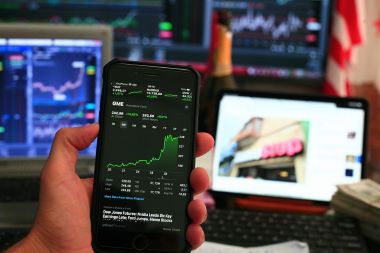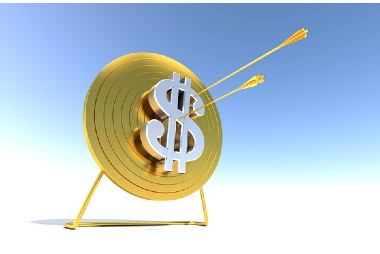Build Strong Habits with Purpose
We often focus on what we want to achieve – whether it’s saving more, retiring earlier, or eating healthier. But the key to long-term success isn’t just the goal—it’s the system and the mindset that support it. Based on insights…










